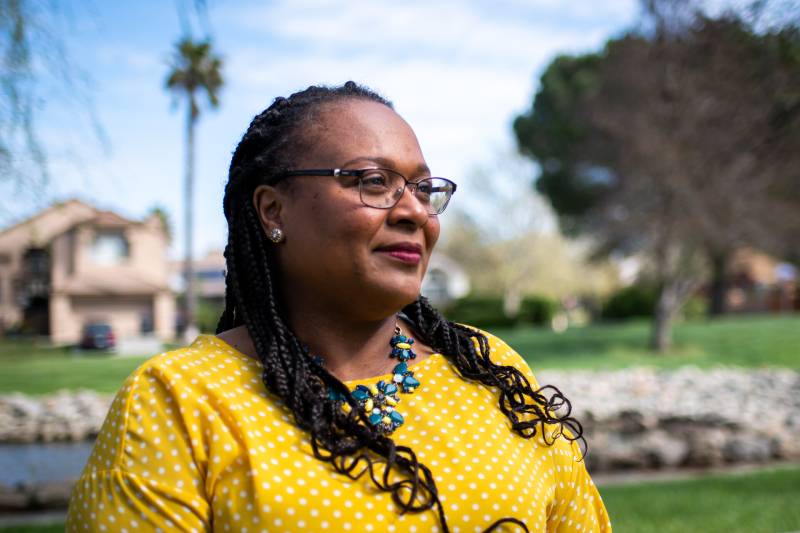Two Bay Area lawmakers want to step up enforcement of a 2019 law aimed at reducing the disproportionately high maternal death rate among Black people in California.
The proposed legislation, introduced Monday, would set a firm deadline for maternal care facilities to fully complete a required anti-bias training and impose penalties for those that don’t comply.
State Assemblymembers Lori Wilson and Mia Bonta co-authored the bill, AB 2319, in response to a state Department of Justice investigation that found only a small fraction of California hospitals had completed the required training for their entire staff — and many had not even started the process.
The bill would “create more teeth, more enforcement, more accountability for the important work [of that law],” California Attorney General Rob Bonta, who initiated the investigation, said at a press conference on Monday. “We know a root cause of this problem is implicit bias in health care.”

